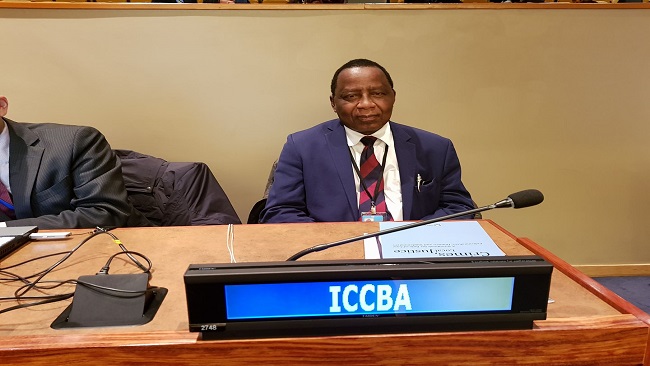7, July 2016
Poultry farmers hold massive demo in Yaounde 0
Poultry farmers have held a massive demonstration today in Yaounde. The farmers blocked the entrance to the Ministry of Livestock, Fisheries and Animal Industries (MINEPIA), protesting against what they termed the destruction of the national poultry industry following the poor management of the bird flu crisis. Cameroon Concord News understands the farmers were led by the Association for the Defense of Collective Interests (ACDIC).
In the event of this morning, 40 cartons of eggs were destroyed in an industry already ruined by the CPDM government’s procrastination policy. After the discovery of the first outbreaks of bird flu in Yaoundé, the government banned the marketing of chicken and eggs and also ordered the destruction of more dairy products. Five regions in the country were greatly affected by bird flu and losses are around 66 billion FCFA.
Ebong Kingsley (Cameroon Concord News Group)


























7, July 2016
Sino-Cameroon relations: No visa restrictions for holders of diplomatic and service passports 0
Holders of diplomatic and service passports from Cameroon and China will soon travel between both countries without any visa restrictions. The visa exemption is in line with an agreement signed on the of 7th July 2016 between Cameroon’s Minister of External Relations, Lejeune Mbella Mbella and Chinese Ambassador to Cameroon, H.E. Wei Wenhua.
The Chinese Diplomat revealed that the agreement has a 45 years duration and was signed due to the good diplomatic relations between Cameroon and China. Minister Lejeune Mbella Mbella for his part indicated that many of such agreements will be signed with other great nations in the nearest future.
CRTV/Camcordnews